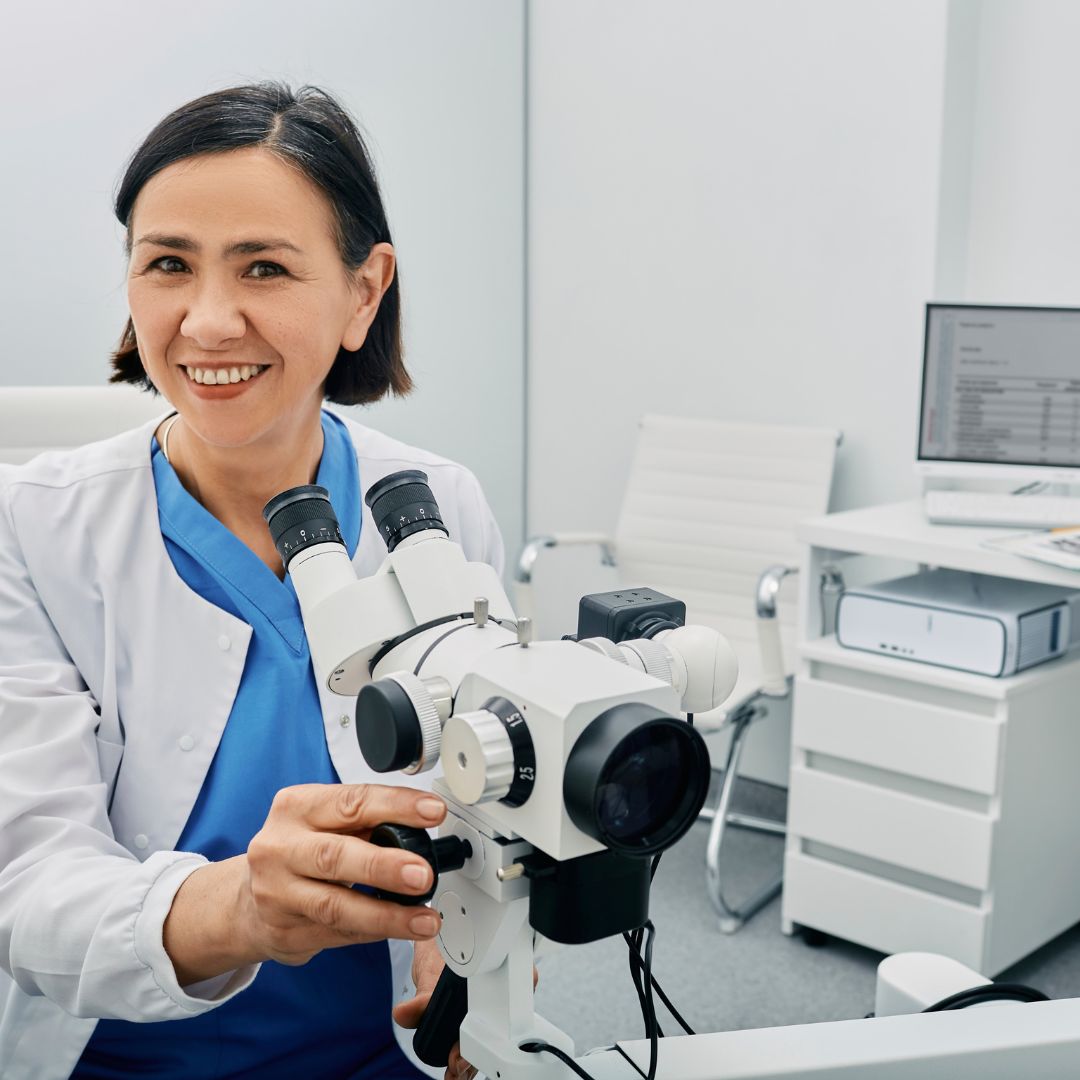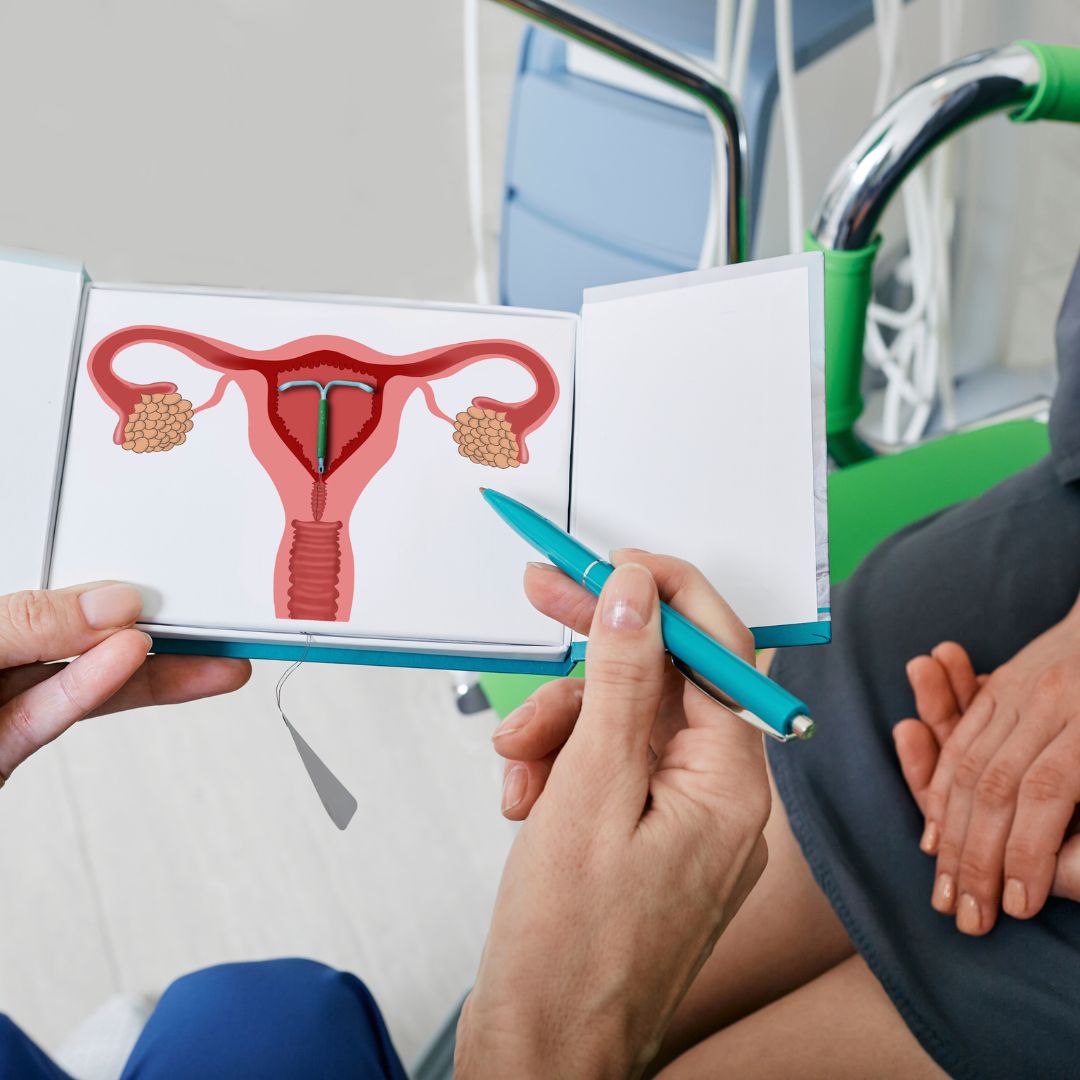The questions asked by gynecologist?

“What are the questions asked by gynecologist?”. Gynecologists are experts in the medical field who care for women of a wide variety of ages. They diagnose and treat a variety of medical conditions, including uterine cancer. In order to provide the best possible care for their patients, gynecologists ask questions about a woman’s health that may not be directly related to her medical condition.
What are the questions asked by gynecologist?
There are a few different types of gynecological questions that doctors ask patients. Here are the top five:
- What is your age?
- What is your general health?
- Do you have any recent STDs?
- Are you sexually active?
- Are you pregnant?

What tests are performed by a gynecologist?
A gynecologist examines the genitals, breasts, ovaries, and uterus. The doctor may also order tests to rule out diseases or abnormalities. Some common tests include:
- A Pap Smear test to check for cervical cancer.
- A breast exam to look for lumps, cysts, and changes in nipple size or shape.
- An ultrasound is to image the uterus and ovaries.
- A pelvic exam is to feel for any abnormalities in the reproductive organs and nearby areas.
- A blood test to look for signs of cancer.
- A test to measure the level of hormones, such as progesterone, in the blood.
- A test to measure the size of the uterus.
What should you do if you experience problems during your visit to the doctor?
The most common questions asked by gynecologists are:
- What is the cause of my problem?
- What should I do if my problem doesn’t go away after trying the prescribed treatments?
- What are the possible complications of my problem?
- How can I prevent my problem from recurring?
- Can I still have a healthy and happy life despite my problem?
If you experience any problems during your visit to the doctor, don’t hesitate to contact them. The following are some common problems and their solutions:
- You experience pain or discomfort during your visit.
- You feel faint, lightheaded, or dizzy.
- You notice an increase in your menstrual cramps.
- You develop a rash or other medical emergency.
How can you care for yourself best during your menstrual cycle?
- How often should you get checked for ovarian cancer?
- Can you ever get pregnant if you have premature ovarian failure?
- What is the difference between PMS and menopause?
- Why do some women experience irregular bleeding during their menstrual cycle?
- Is it better to avoid caffeine or alcohol during your period?
- What are some tips for pain relief during your menstrual cycle?
- How can you protect yourself from STDs during your menstrual cycle?
- What are some foods that can help regulate your menstrual cycle?
- Can you exercise during your menstrual cycle?
- How can you best deal with cramps during your menstrual cycle?
Advice on preventing vaginal infections
- How can I prevent vaginal infections?
There are a few things you can do to help prevent vaginal infections, including using safe sex practices, washing your genitals and surrounding area regularly, and avoiding contact with other people’s viruses. Additionally, make sure to eat a balanced diet and get enough exercise. - What are some common causes of vaginal infections?
Some common causes of vaginal infections include using unclean sex toys, having sexual contact with someone who is sick, being pregnant, and being over the age of 35. - How can I tell if I have a vaginal infection?
If you think you may have a vaginal infection, you should see your doctor. The doctor will examine your genitals and may order tests to determine the cause of your infection. - What is the best way to treat a vaginal infection?
The best way to treat a vaginal infection is usually with antibiotics. - What are the potential side effects of antibiotics for vaginal infections?
The potential side effects of antibiotics for vaginal infections can include yeast infection, UTI, and a decrease in your fertility.
How can you manage stress and anxiety?
The questions asked by gynecologists during a consultation can vary depending on the individual’s individual health history and current health condition. However, some of the common questions include:
- What are your symptoms?
- What have you been doing to manage them?
- What are your thoughts about stress and anxiety?
- How severe is your condition?
- What treatments have you tried?
- What are your thoughts on medication?
- How can I help you?
Managing stress and anxiety is an ongoing process that includes learning about the disorder, identifying triggers, and developing healthy coping mechanisms. Some helpful tips for managing stress and anxiety include:
- Taking regular breaks throughout the day to relax and de-stress
- Practicing meditation or mindfulness
- Avoiding situations or people that trigger anxiety
- Talking openly about concerns with a trusted friend or family member

Tips for healthy eating and exercise
- What are the best foods to eat for a healthy diet?
- What exercises are best for maintaining a healthy body weight?
- What should expect during a pelvic exam?
- What is the best way to avoid heart disease?
- What can I do to keep my cholesterol levels in check?
- What are some important tips for eating a healthy breakfast?
- What is the best way to exercise during pregnancy?
- What are the dangers of being overweight or obese?

What are the different types of fertility treatments?
Once you and your partner have completed a family history and semen analysis, the next step is to discuss your fertility options. Fertility treatments vary in what they try to accomplish, but all aim to improve the chances of conception. In general, there are three main types of fertility treatments: natural methods assisted reproductive technologies (ART), and in vitro fertilization (IVF).
Natural methods include things like fertility awareness methods (FAMs), which help couples track their menstrual cycles and use that information to plan sex; natural family planning (NFP), which uses charts and diagrams to help couples figure out when they’re most likely to conceive; and herbal supplements, which are purported to boost fertility.
ART includes everything from over-the-counter medications like ovulation induction drugs or testosterone injections to more invasive procedures like sperm retrieval or egg extraction. IVF involves removing eggs from a woman’s ovary with a needle—a process that can be done in a doctor’s office or hospital. The eggs are then fertilized by sperm outside the body and implanted into the uterus.
The most common type of ART is IVF, which accounts for about 60% of all infertility treatments. FAMs are the second most common type of fertility treatment, followed by NFP.
What are the risks associated with fertility treatments?
There are many risks associated with fertility treatments, and it is important to discuss these risks with your doctor. Some of the potential risks include:
- Possible side effects from treatments such as radiation therapy or chemotherapy.
- Possible problems during pregnancy, such as miscarriage or birth defects.
- A greater chance of developing cancer after fertility treatments.
- Increased risk of genetic problems in the child.
- Possible psychological risks, such as anxiety or depression.
How Often Are Gynecological Problems Seen?
Gynecologists see a wide range of problems. How often does your gynecologist see the same problem? That depends on the specialty of the gynecologist and the patients they see. However, doctors, in general, see more common gynecological problems than rare ones.
Some common issues that your gynecologist will see are:
- Pelvic inflammatory disease (PID)
- Endometriosis
- Infertility
- Cysts or Fibroid
- Cancer-Vaginal infections
How is Endometriosis Treated?
Endometriosis is a common disease that affects the female reproductive system. The disease is characterized by the growth of abnormal tissue in the inner lining of the uterus (endometrium). This tissue can grow anywhere in the body but is most commonly found on the ovaries and the surface of the uterus. Endometriosis can cause pain and irregular menstrual cycles. It can also increase the risk of infertility. Treatment for endometriosis typically includes medication and surgery.
Medications
Most people with endometriosis need medication to control the pain and irregular periods. Treatment with these medications can improve symptoms, often significantly.
Some common medications used to treat endometriosis include:
Oral contraceptives (birth control pills) – These pills can help regulate periods and relieve some of the pain and other symptoms of endometriosis. However, oral contraceptives also may increase the risk of developing endometriosis in the future. If you are taking birth control pills to treat endometriosis, it is important to discuss this risk with your doctor.
These pills can help regulate periods and relieve some of the pain and other symptoms of endometriosis. However, oral contraceptives also may increase the risk of developing endometriosis in the future. If you are taking birth control pills to treat endometriosis, it is important to discuss this risk with your doctor. Hormone therapy – Hormone therapy is a type of treatment that uses hormones to manage a woman’s reproductive health. This type of therapy can help reduce the intensity and frequency of periods, as well as improve symptoms related to endometriosis. However, hormone therapy comes with some risks, including the possibility of developing endometriosis. If you are considering hormone therapy to treat your endometriosis, it is important to discuss this with your doctor.
Hormone therapy is a type of treatment that uses hormones to manage a woman’s reproductive health. This type of therapy can help reduce the intensity and frequency of periods, as well as improve symptoms related to endometriosis. However, hormone therapy comes with some risks, including the possibility of developing endometriosis. If you are considering hormone therapy to treat your endometriosis, it is important to discuss this with your doctor. Surgery
Surgical removal of the abnormal tissue in the uterus (endometrial ablation) is the most common treatment for people with endometriosis. This surgery can help reduce the pain and other symptoms of the disease.
Hormonal therapies may be an option for some women who have not responded well to surgery or other treatments for endometriosis. These therapies use hormones to target androgen receptors (a type of protein found on cells throughout the body). Androgen receptors are responsible for controlling many aspects of male sexual function, including reproduction.
Pregnancy and the Pelvic Floor
What are the different types of labor?
Labor can be categorized into three main stages:
- The first stage includes early labor, active labor, and transitional labor. During this stage, the cervix gradually opens (dilates) and effaces (thins out).
- The second stage is the pushing stage, where the cervix is fully dilated and the baby moves through the birth canal.
- The third stage is the delivery of the placenta. Understanding these stages can help expectant parents better prepare for the birthing process.
What is pelvic floor prolapse and what are the risks?
Pelvic floor prolapse refers to the weakening or descent of the pelvic organs, such as the uterus, bladder, or rectum, into the vaginal canal. This condition occurs due to weakened pelvic floor muscles and connective tissues. The risks of pelvic floor prolapse include multiple pregnancies, vaginal childbirth, obesity, chronic coughing, and age-related factors. Symptoms may include a sensation of pelvic pressure, urinary incontinence, and difficulty with bowel movements.
When should I seek medical attention if my labor doesn’t progress as expected?
If your labor doesn’t progress as expected, it’s important to communicate with your healthcare provider. Generally, you should seek medical attention if:
- Your water breaks, but contractions do not begin within a certain timeframe.
- Contractions are consistently strong and occur every 5 minutes for at least an hour.
- There is a decrease in fetal movement.
- You experience severe or persistent abdominal pain or vaginal bleeding.
How can I prevent common childbirth pain?
There are various strategies to manage and prevent common childbirth pain:
Attend childbirth education classes to learn breathing techniques, relaxation exercises, and labor positions that can alleviate discomfort.
Use hydrotherapy, such as taking a warm shower or using a birthing pool.
Consider using non-medical pain relief methods, like massage, acupressure, and applying heat or cold packs.
Discuss pain management options with your healthcare provider, including epidural anesthesia or other medications.
What are the benefits of exercise during pregnancy?
Exercise during pregnancy offers several benefits:
1. It helps maintain a healthy weight and reduces the risk of excessive weight gain.
2. Regular exercise improves mood, reduces pregnancy discomfort, and promotes better sleep.
3. It can strengthen muscles, improve endurance, and prepare the body for labor and delivery.
4. Exercise promotes better circulation and can reduce the risk of gestational diabetes and preeclampsia.
5. It may shorten labor duration and aid in postpartum recovery.
What are the risks of smoking during pregnancy?
Smoking during pregnancy poses significant risks to both the mother and the baby:
1. Increased risk of miscarriage, stillbirth, and preterm birth.
2. Higher likelihood of low birth weight and growth restrictions.
3. Greater chances of placental problems and complications during delivery.
4. Elevated risk of respiratory issues, developmental problems, and sudden infant death syndrome (SIDS) in the baby.
5. Long-term health consequences for the child, such as impaired lung function and behavioral issues.
What is the most important thing I can do to reduce the risk of birth defects?
Taking folic acid before and during early pregnancy is crucial in reducing the risk of birth defects. Folic acid helps in the development of the baby’s neural tube, which forms the brain and spinal cord. It is recommended that women of childbearing age consume 400-800 micrograms of folic acid daily. Additionally, receiving proper prenatal care, avoiding harmful substances like alcohol and drugs, maintaining a healthy lifestyle, and following your healthcare provider’s guidance can also help minimize the risk of birth defects.
Conclusion
If you are a woman and you are thinking about having corrective surgery, there are some important questions that your gynecologist will want to ask you. This is especially true if you have any concerns about your health or fertility. Your gynecologist will be able to answer any questions that you have and help to make sure that the surgery is the right decision for you. Visit for more information. https://bestgynaecologists.com
2 Comments